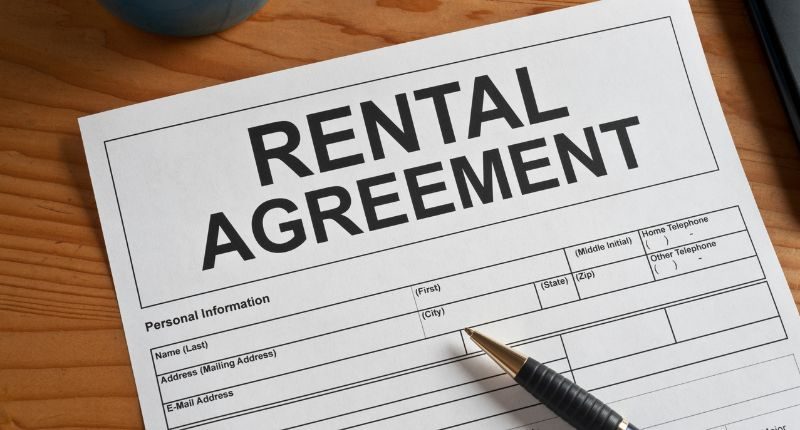- The Greens have proposed a 2% per annum rent freeze, arguing inflationary pressures
- Has been criticised given rent increases have remained below the rate of inflation for a decade
- Has also been criticised as it is not solving long-term housing supply issues
The push by the Queensland Greens party to implement a two-year rent freeze is likely to push investors out of the market, resulting in increased homelessness, says the Property Investment Professionals of Australia (PIPA) and Property Investors Council of Australia (PICA).
The Greens spokesman for housing and homelessness, Max Chandler-Mather MP, released a proposal last week that would adjust national tenancy standards. The Greens notably suggested the capping of rent increases at 2% annually, which they argue would see wages catch up with rents by 2029.
“Rents are out of control, millions of Australian renters are struggling to pay the rent, and unless the Government wants to see more families sleeping in their cars, they need to do their job and act now to stop this crisis boiling over into a national tragedy,” Mr Chandler-Mather said.
“An emergency rent freeze will give wages and incomes time to catch up to rents, which over the last 12 months have grown seven times faster than wages in capital cities.”
Mr Chandler Mather and the Greens have been criticised by various property commentators, noting the snap rent freeze wouldn’t address long term housing supply issues, and rent increases are actually below inflation.
The latter was revealed in recent research conducted by PICA, which involved well-renowned property academic Peter Koulizos, that showed rents had grown at only half the rate of inflation for over a decade nationally.
In Brisbane, rental growth was 12.1% over the decade to June, compared to cumulative inflation of 25.6% over the same period.
During the first year of the pandemic, rents generally speaking fell in the capital cities. Across the capital cities, asking rents fell by an average of nearly 7%, according to SQM Research from February 2020 to February 2021.
Combined asking city rents were just 20% higher in August 2022 compared to February 2012, an increase below inflation during the same time frame.
“The volume of investors in the market has been declining for the past five years due to a variety of reasons, including lending restrictions and continued legislative changes that is motivating many to sell up,” PIPA Chair Nicola McDougall said.
“One only needs to look to the severe rental crisis in Ireland at present, which came about because of government intervention including rent controls, sky-high tax, no deductions, and no grounds evictions.

“Landlords have left the market in droves and there were seemingly only about 700 homes available to rent in the entire country recently.
“There is no question that is policy will see even more investors leave the Queensland market and cause an increase in homelessness because the rental market is already severely undersupplied.”
Misleading voters, says PICA Chair
PICA Chair Ben Kingsley said the claims being made by the Queensland Green have been designed to mislead their followers.
“The Queensland Greens are misleading Queenslanders with claims of tens of thousands of vacant properties being available for rent. These private owners have a right to determine the private use of these properties,” Mr Kingsley said.
“Rather than rental freezes, maybe the Queensland Government should be providing a financial incentive for them to be added to the rental pool?
“Instead, the state government is increasing the red tape and costs to adhere to their minimum standard reforms announced, with more coming into play come 1 October this year – not to mention their new ‘Renters Tax’ in the form of the higher land tax rates they are introducing next year.
“At the end of the day, all this policy will do is make tenants pay higher rents with governments also needing to spend more to cover the shortfall they have created in the first place. And when governments spend more – everyone pays higher taxes.”
Arjun Paliwal, founder and Head of Research at buyers agency InvestorKit, said the policy should be abandoned, otherwise a ‘rental crisis 2.0’ will occur in Queensland.
“Investors in Australia are approximately 30-35% of ownership, which means a third of Aussies could see their land tax bill rise by thousands or tens of thousands of dollars, which puts even more pressure on rents rising,” he said.
“We could see more investors pulling out of Queensland or considering other parts of the country, which would have a negative effect on the sunshine state’s property market. The more people who invest in land in the state the bigger the boost to the local economy.”








